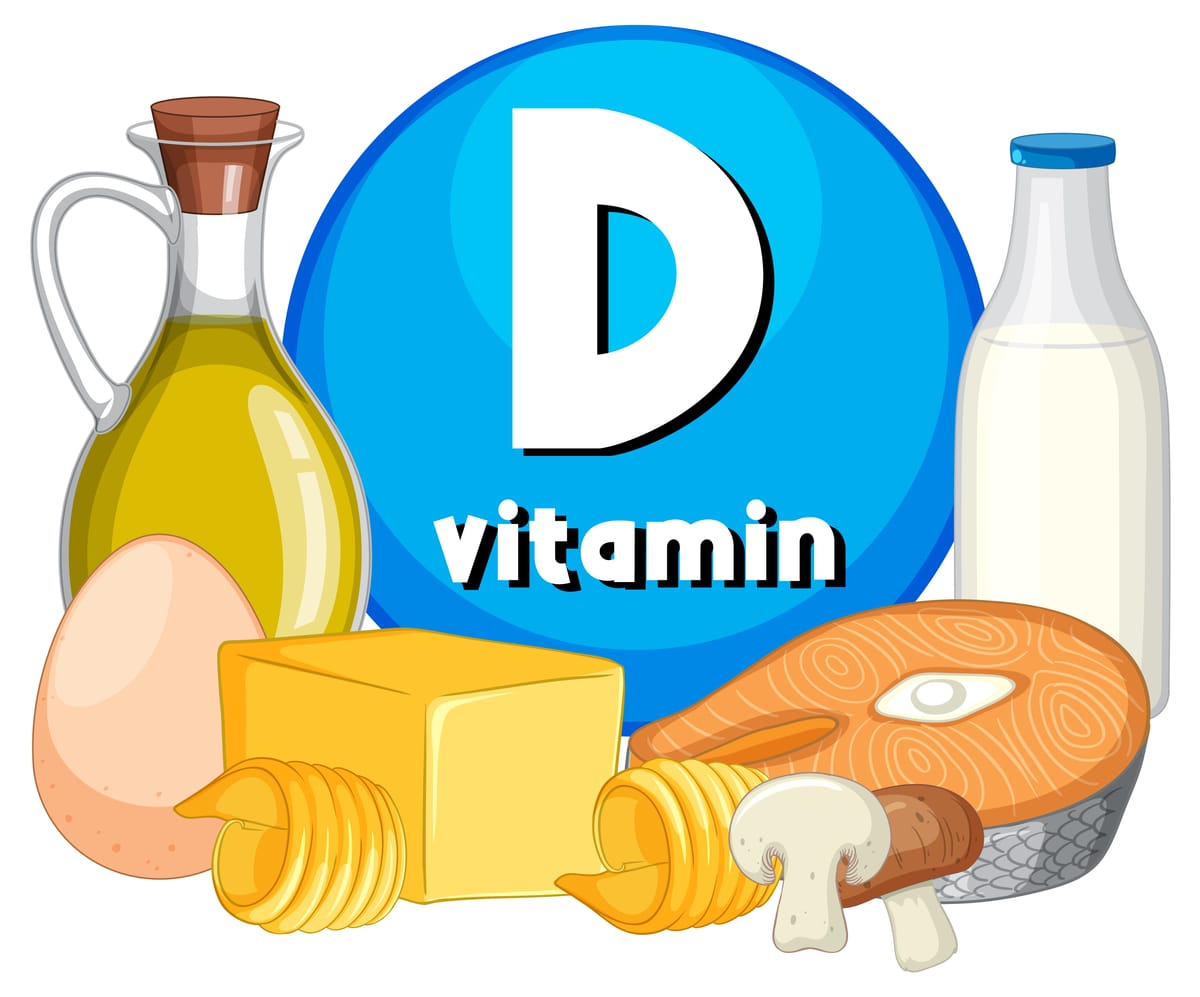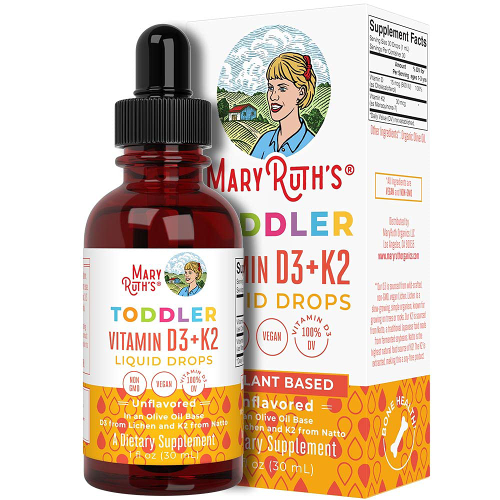Vitamin D is a critical nutrient that plays a vital role in the growth and development of children, especially during their early years. For parents of toddlers, particularly those around 18 months old, ensuring their little ones receive enough vitamin D can sometimes be a source of concern. This article will delve into the specifics of vitamin D for 18-month-olds, discussing the importance, sources, and recommended amounts of this essential nutrient.
The Role of Vitamin D in Toddler Health
Vitamin D is paramount for the development of strong bones and a robust immune system. It aids in the absorption of calcium, which is essential for the formation of healthy bones and teeth. For babies younger than 18 months, adequate vitamin D is crucial to prevent rickets, a condition that causes bone pain and deformities. Moreover, vitamin D has been linked to other health benefits, such as heart health and possibly reducing the risk of certain diseases later in life.
How Much Vitamin D Does an 18-Month-Old Need?
The National Institutes of Health (NIH) recommends that children from the age of 1 to 18 should get 600 International Units (IU) of vitamin D per day. This dose recommended by health experts is considered safe and effective for most children, including those who are 18 months old. It's important to note that while higher doses may be prescribed in cases of deficiency, high doses can lead to toxicity.
Recognizing Vitamin D Deficiency in Toddlers
Vitamin D deficiency in toddlers can manifest in various ways, including bone pain, delayed motor development, and a predisposition to infections due to a weakened immune system. Breastfed infants are at a higher risk of vitamin D deficiency since breast milk alone does not provide enough of this nutrient. Therefore, breastfed babies often need a daily supplement to meet their vitamin D requirements.
Sources of Vitamin D for Your Toddler
Only a few foods naturally contain significant amounts of vitamin D. These include fatty fish like salmon and mackerel, fish liver oils such as cod liver oil, and egg yolks. Additionally, in many countries, dairy products and orange juice are fortified with vitamin D. For babies fed infant formula, most formulas are already fortified with vitamin D, providing about a pint per day, which is sufficient for most infants.
Vitamin D and Bone Development in Toddlers
When it comes to the growth of your little one, vitamin D plays a pivotal role, especially in bone development. For 18-month-olds, ensuring they receive enough calcium and vitamin D is crucial for the formation of strong bones and teeth. The body uses vitamin D to help absorb calcium, which is why these two nutrients are often discussed in tandem. Without sufficient vitamin D, your toddler's bones could potentially be at risk for rickets, a condition that leads to soft and weak bones.
Moreover, the amount of vitamin D needed to support this growth is not insignificant. Health professionals often measure vitamin D in international units (IU), and for toddlers, the daily recommended intake is typically around 600 IU. This can be obtained through a combination of diet, sunlight, and if necessary, vitamin supplements. It's important to monitor their intake, as both deficiencies and excesses can have health implications.
Addressing Vitamin D Needs in Specific Populations
Certain groups of toddlers may have a higher risk of vitamin D deficiency and thus may need vitamin supplements to meet their needs. For instance, formula-fed babies often receive vitamin D-fortified formula, which helps ensure they get the necessary nutrients. However, breastfed infants might require additional supplementation since breast milk may not provide enough vitamin D.
Additionally, toddlers with dark skin have higher levels of melanin, which reduces the skin's ability to produce vitamin D from sunlight. In such cases, health and social care recommends a careful evaluation of their vitamin D sources to ensure they're getting the appropriate amount. Adults, including parents and caregivers, should also be mindful of their vitamin D levels, as they set an example for healthy nutrition and lifestyle habits that can influence their children's health.
The Sun and Vitamin D Production
Sun exposure is one of the most natural ways to get vitamin D. When the skin is exposed to sunlight, it produces vitamin D. However, too much sun exposure can lead to skin damage and increase the risk of skin cancer. Therefore, sunscreen use is recommended, even though it can reduce vitamin D production. Parents should aim for a balance between protecting their child's skin and allowing for some sun exposure for vitamin D production.
Vitamin D Supplements for Toddlers
For those who need it, vitamin D supplements come in various forms, including drops for younger children and chewable vitamins for older children. Liquid supplements are often recommended for toddlers, as they can be easily mixed with food or a drink. It's essential to follow the advice of a healthcare provider when choosing a daily supplement to ensure the correct dosage.
When Too Much Vitamin D Becomes a Risk
While vitamin D is essential, too much vitamin D can be harmful. Symptoms of vitamin D toxicity include nausea, vomiting, weakness, and serious complications such as kidney damage. Parents should avoid giving their children high doses of vitamin D supplements without medical supervision.
The Bottom Line on Vitamin D for Toddlers
Most kids, including 18-month-olds, can get enough vitamin D through a combination of diet, supplements, and sensible sun exposure. Parents should consult with their pediatrician to determine if their child needs a daily vitamin D supplement and to discuss the best ways to ensure their toddler is getting enough of this crucial nutrient.
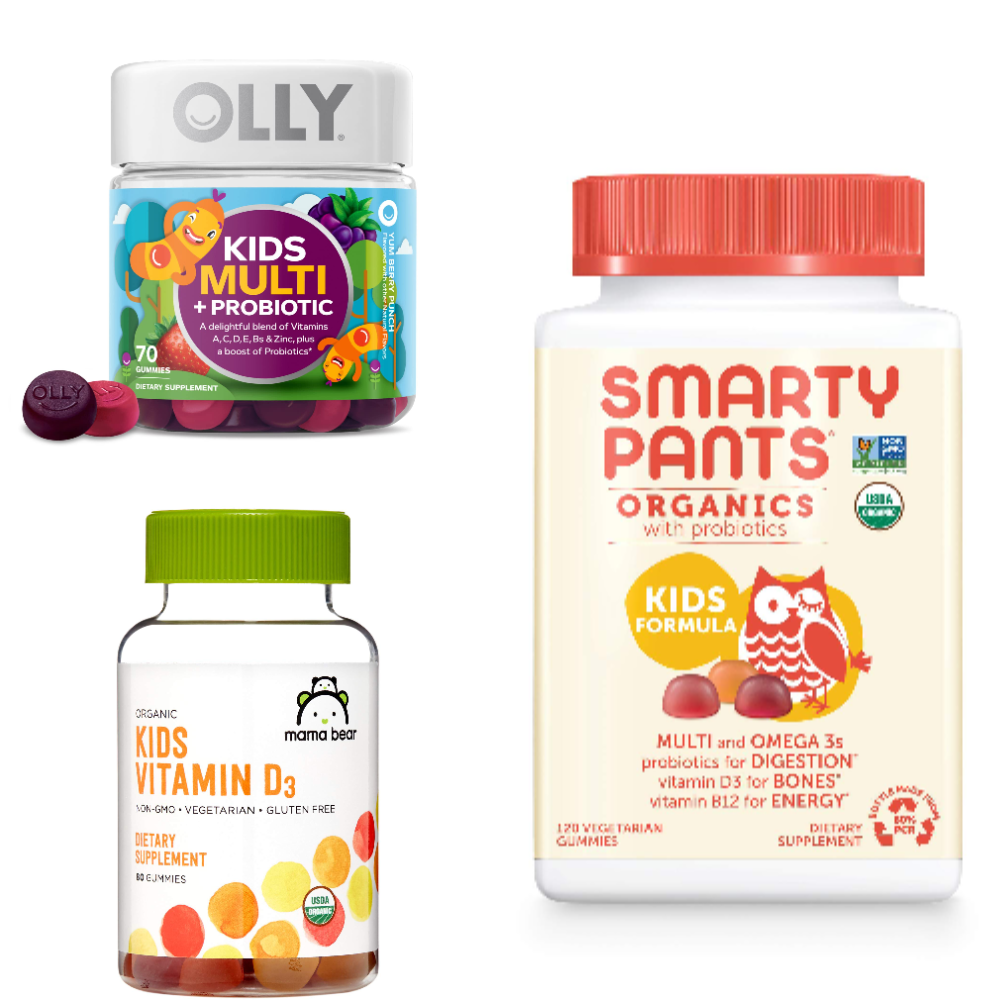
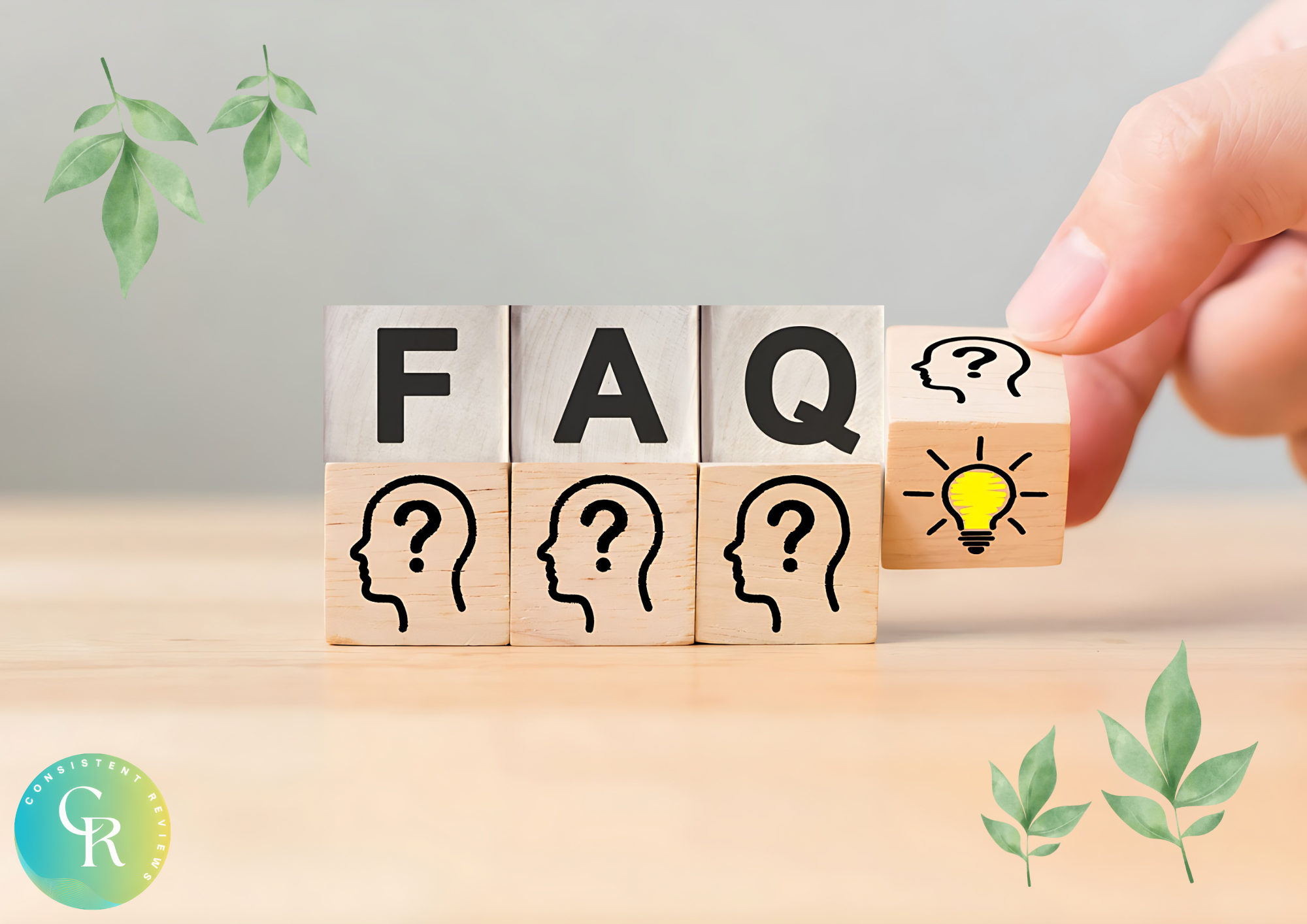
How can I tell if my 18-month-old is getting enough vitamin D?
Monitor your child for signs of vitamin D deficiency, such as bone pain or frequent infections. Ensure they consume vitamin D-rich foods, get moderate sun exposure, and take supplements if recommended by a healthcare provider.
Can my toddler get all the vitamin D they need from food?
While some foods are rich in vitamin D, it can be challenging to get the full recommended amount from diet alone. This is especially true for breastfed babies, as breast milk is not high in vitamin D.
Is it safe to give my toddler a vitamin D supplement without a doctor's advice?
It's best to consult with a healthcare provider before giving your child any supplements, including vitamin D, to ensure they receive the appropriate dosage and to avoid the risk of toxicity.
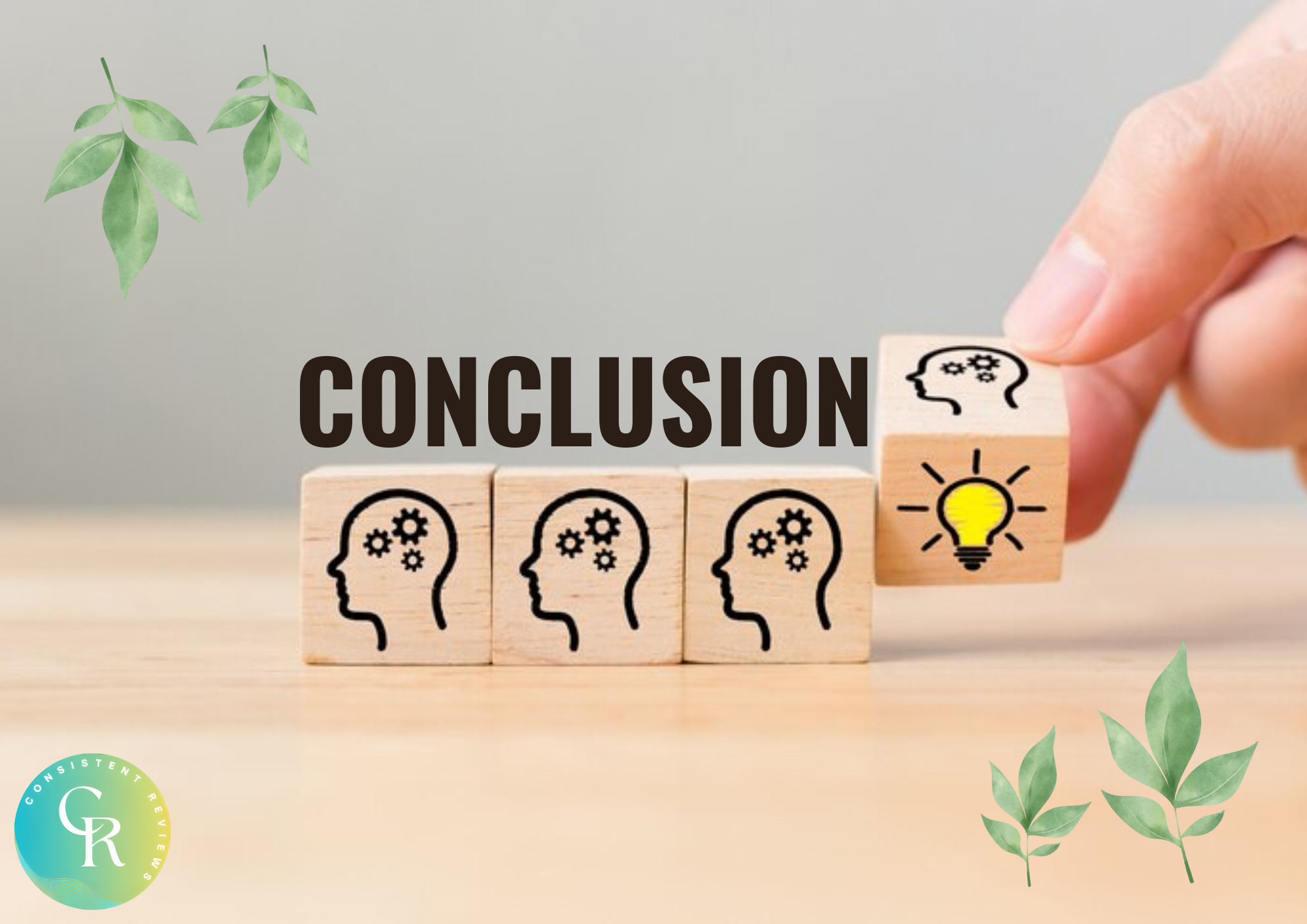
Ensuring that your 18-month-old gets enough vitamin D is essential for their development and health. The recommended amount is 600 IU per day, which can be obtained through a combination of diet, sunlight, and supplements if necessary. It's important to be aware of the signs of vitamin D deficiency and the risks associated with too much vitamin D. Always seek professional advice before starting any supplement regimen for your child.
